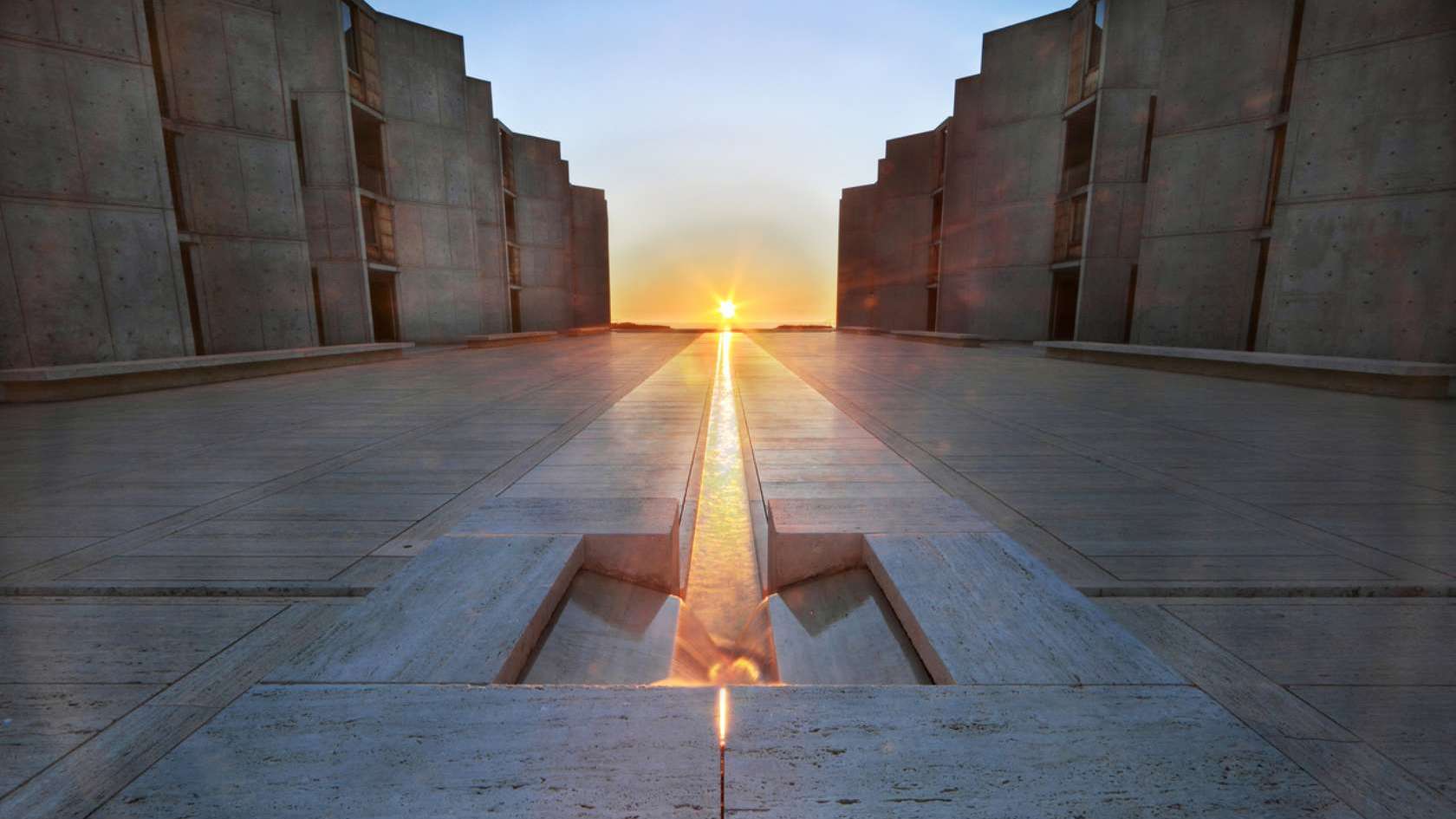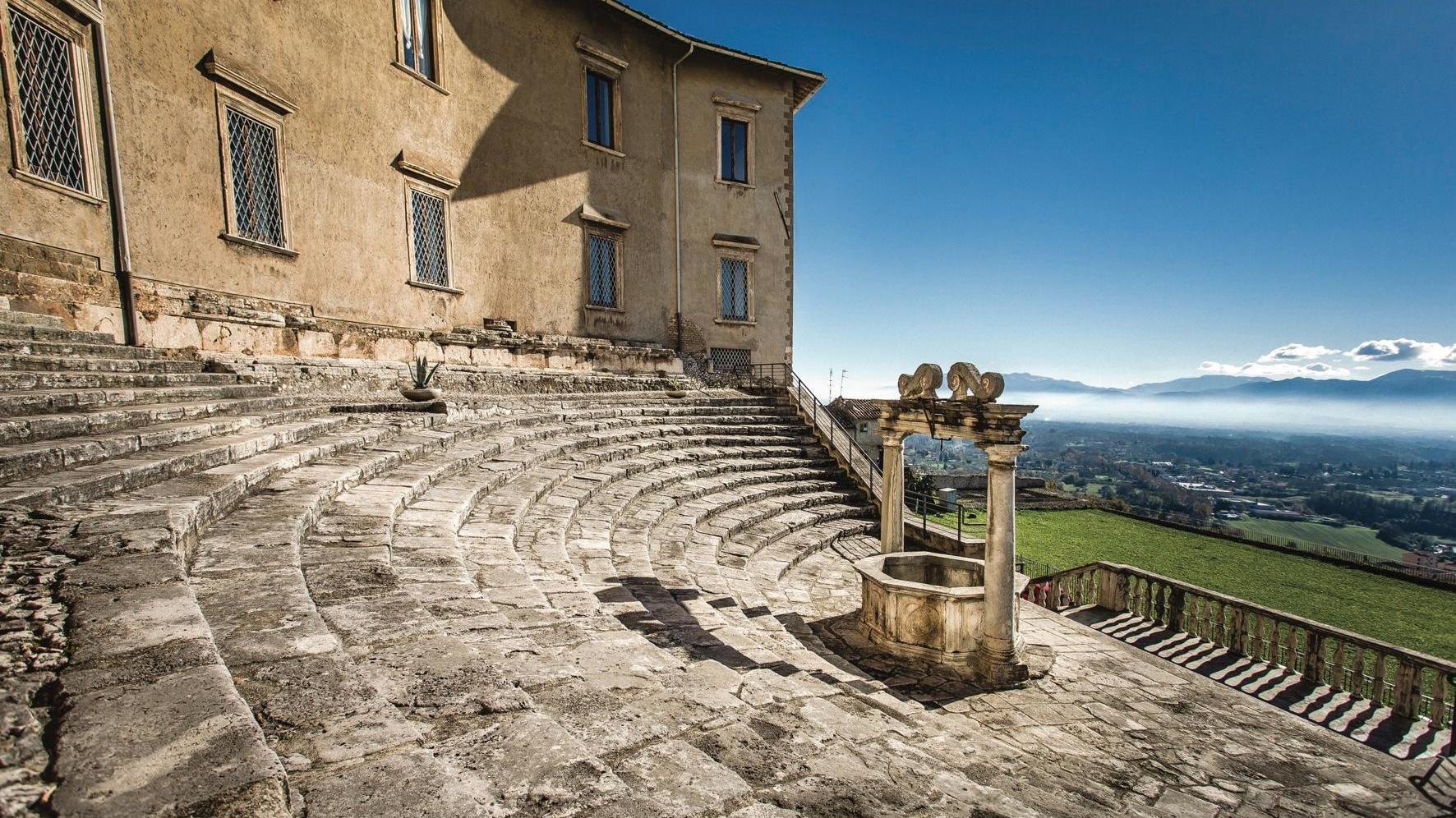Ghostly Mozart: The “Commendatore Scene” from “Don Giovanni”
The dramatic climax of Mozart’s opera, Don Giovanni, delivers the ultimate ghost story. Don Giovanni’s horrific fate is sealed earlier in the opera’s second act. In Scene 3, the brash, promiscuous nobleman (also known as Don Juan), wanders into a graveyard where he is reunited with his servant, Leporello. Don Giovanni brags that he took advantage of his disguise to try to seduce one of Leporello’s girlfriends. A voice comes from one of …







